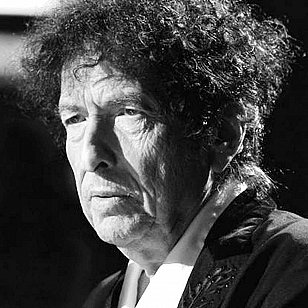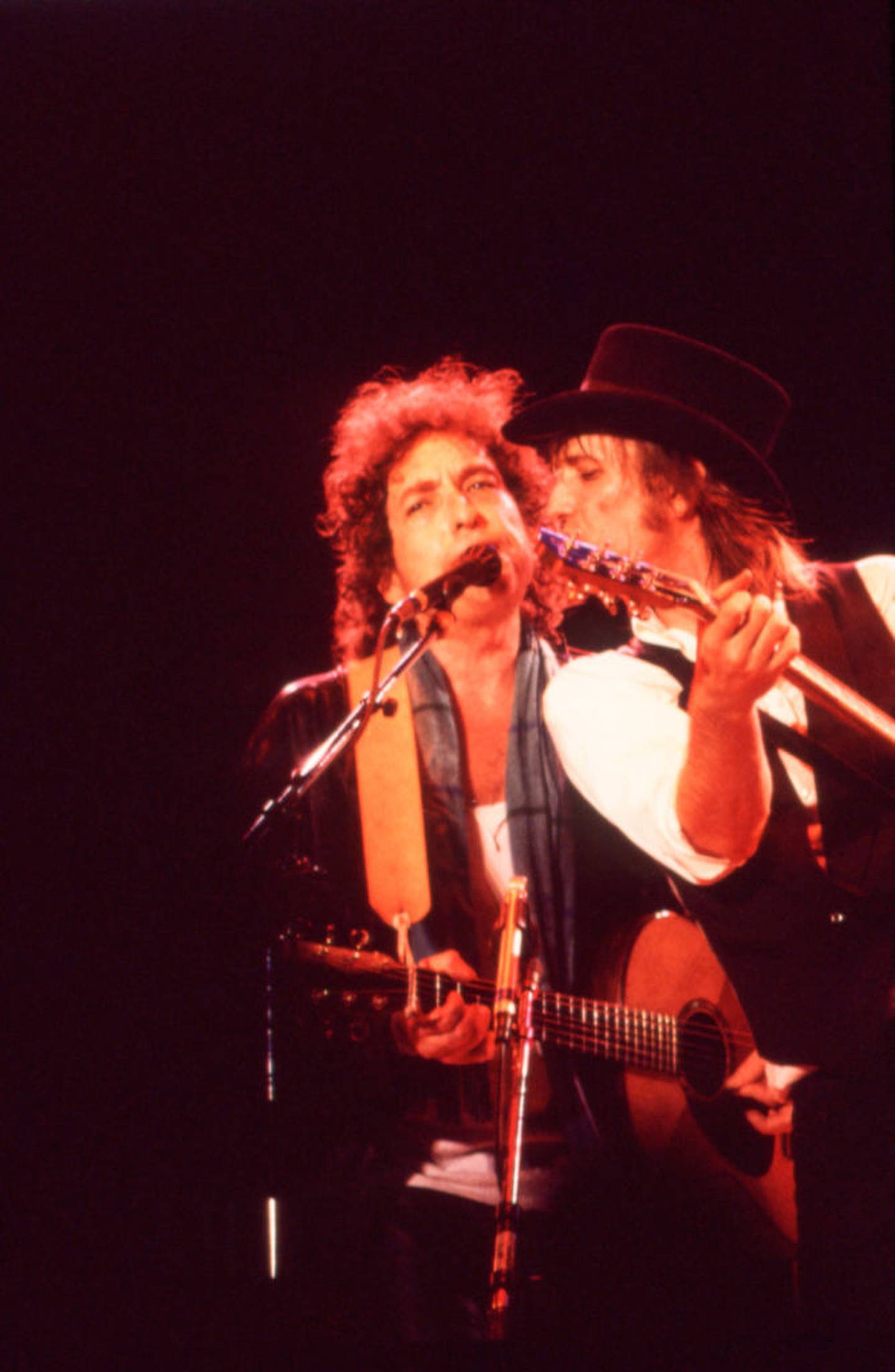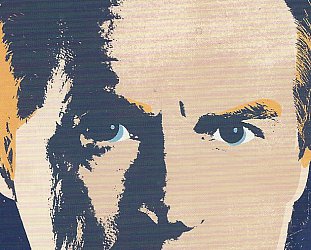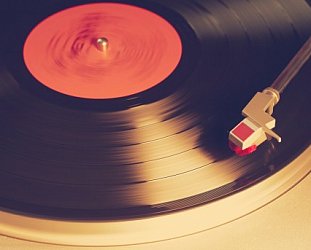Graham Reid | | 5 min read

He's a great drummer, beyond question. But the fourth best singer in the band, who wrote no songs of any consequence? And whose most abiding contribution to the legacy was a children's song, Yellow Submarine?
Hmm. Might be hard to get the young 'un to check out I Am The Walrus, Strawberry Fields Forever or Paperback Writer on such evidence.
And Bob Dylan presents a similar predicament.
Any teenager who went — or more likely was taken — to one of Dylan's recent New Zealand concerts would be bewildered by the claims made for him.
What they saw was an old man who strains to sing (I described his voice in my review as like "broken branches in a concrete mixer"), whose words were barely decipherable ("And you bang on about his lyrics, Grandma?"), who mostly stayed behind a piano and was barely visible, where one song melded into another and ...
This guy is famous?
Of course, there's much more to this man who recalibrated the direction of popular music at least three times: making tired folk contemporary and relevant in its themes; introducing literate and poetic lyrics into rock music when he plugged in the electric guitar; and bringing Americana to the fore on his John Wesley Harding album when the world was going day-glo Sgt. Pepper in the Summer of Love.
And that's without mentioning his remarkable canon of mythopoetic songs in the 21st century.
For a slight man, he is a towering figure.
But try explaining this to those who went to his Auckland Spark Arena (or Horncastle Arena in Christchurch) shows late last month and bemoaned the lack of side screens (he's rarely had them on his recent tours), the fact he never said a word to the audience (he hasn't for many years) and couldn't understand why they weren't allowed to take photos on their phones.
That's a generational thing, but Dylan isn't Pink, Cher or some stadium rock act.
He is... Bob Dylan.
You pays your money and you takes your chance, as they say.
I've seen Dylan in New Zealand eight times. I've witnessed him at his best (Western Springs in '78, Spark Arena this past August) and his worst (with Tom Petty and the Heartbreakers in Mt Smart Stadium in '86, at the Supertop in '92 when he seemed drunk and/or bewildered).
And at points in-between: Vector Arena and the Civic in '07, North Shore Events Centre in '98 with Patti Smith opening, and there again in '03.
And so, to use the current jargon, "What's the takeaway?"
That for the past 40 years Bob Dylan has not been for the faint-hearted or those who want to hear the songs just like they were on a favoured album, that he has always been in a state of constant reinvention and emotional flux and his songs — old and new alike — reflect that in melodic and lyrical changes.
Nope, he's not easy.
But he is, because of all that and more, a unique figure in popular culture.
At the memorable Western Springs concert he was helming a rock band and was ebullient ("I'd like to say 'Hi and hello' to the Highway 61 motorcycle gang"). But even then he was reshaping classic songs (All I Really Want to Do in a reggae style) and shuffling lyrics (a very different Simple Twist of Fate).
So it's not like we weren't warned a long time ago that Dylan live was always going to be a very different experience.
For his Civic show in '07 — a return concert after his Vector Arena appearance — I bought a ticket at the last minute. I was in the back row of the "upper circle rear" and all I could see of Dylan was the top of his hat. No matter, it was always about the music and what he did with it.
He's a singular artist, who can't be conveniently categorised or shoe-horned into being An Entertainer with big screens and "wave your phones in the air" stage banter
Beside me were a young couple, maybe early 20s, who told me they were very excited, they really loved his albums Freewheelin' ('63) and Times They Are a-Changin' ('64). They were folk singers themselves.
I pointed to the stage set-up with drums and a bunch of microphone stands: "You know he has a band, that this is a rock concert, right?"
They didn't. They left after three songs.
Going to a Dylan concert with little prior knowledge other than he's A Legend will always lead to such disappointment.
 That said, at the dire Tom Petty/Dylan show in Auckland — the opening concert of their world tour — they came off like a stoned bar band rehearsing in public away from the gaze of US and UK critics. But, because I worked there selling T-shirts before the show started, many in the audience — those who made it beyond collapsing just inside the entrance I was at — were primed on bottles of Jack Daniel's and cheap vodka. Not the most discriminating crowd.
That said, at the dire Tom Petty/Dylan show in Auckland — the opening concert of their world tour — they came off like a stoned bar band rehearsing in public away from the gaze of US and UK critics. But, because I worked there selling T-shirts before the show started, many in the audience — those who made it beyond collapsing just inside the entrance I was at — were primed on bottles of Jack Daniel's and cheap vodka. Not the most discriminating crowd.
And much of what Dylan and his cracking band played recently was grounded in Chuck Berry-style rock 'n' roll from a time when a new music came into being out of the flashpoint of country and rhythm and blues: the music of Dylan's formative years as a teenager who loved Buddy Holly and Little Richard.
Songs like Highway 61 Revisited, Summer Days, Thunder on the Mountain and even Gotta Serve Somebody (his most secular song from the gospel/Jesus period) — songs separated by four decades — had dance-ready deliveries. But in the formal setting of the arena where people were asked to keep their seat (and politely did) they didn't get the audience lift-off they deserved.
Sometimes it might be the audience letting the artist down, and not the other way around.
Bob Dylan has rarely been the performer that people expect or perhaps want, even at his most engaged and persuasive he's never going to deliver something as crisp and polished as an Eagles concert, or with the pizzazz of a pop culture icon like Beyonce.
He's a singular artist, who can't be conveniently categorised or shoe-horned into being An Entertainer with big screens and "wave your phones in the air" stage banter.
But who else has written more than 600 songs (and recorded about half that many), lived through 14 US presidencies and outlasted most of their peers and heroes (Little Richard the notable exception in Dylan's case).
He has accrued more accolades and acclaim than anyone else in popular music.
Even at 77, as he was when playing here, he just keeps going.
When it stops, as it must, his legacy and life and music will be impossible to distill for an obituary.
The Beatles, via Ringo, will be easier to explain.
They were writing books about Bob Dylan in the 60s and more than half a century later they still are.
And, for better and sometimes worse, he wrote a new chapter himself with every album and performance.





post a comment